1. Alex P. Keaton from Family Ties
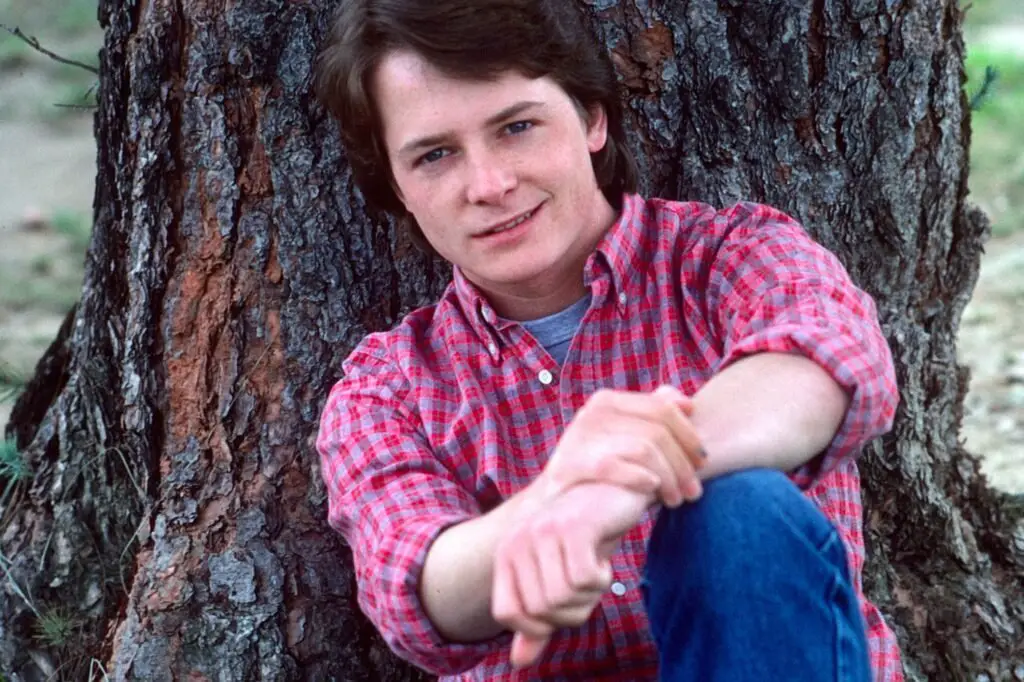
When Michael J. Fox brought Alex P. Keaton to life, audiences were introduced to a teenager who idolized Ronald Reagan and carried a briefcase to school. At a time when most TV teens were painted as slackers or rebels, Alex was unapologetically ambitious, outspoken about politics, and obsessed with Wall Street. His character made it cool—at least for some—to be into economics and conservative values.
What made Alex ahead of his time was how he blurred generational stereotypes. He was a teenager acting like a 40-year-old, but he still had all the vulnerabilities of youth. In today’s world, where kids grow up faster and care about politics at a younger age, Alex feels more relatable than ever. He showed that being young didn’t mean being disengaged.
2. Denise Huxtable from The Cosby Show

Lisa Bonet’s Denise Huxtable wasn’t like the typical TV daughters of the ’80s. She was independent, artsy, and fashion-forward, often showing up in layered, eclectic outfits that would look right at home on Instagram today. Denise didn’t follow the expected path, and that caused clashes with her parents, but it also made her one of the most authentic and memorable characters on TV.
She was ahead of her time because she embraced individuality before it was widely celebrated. Denise lived by her own rules and encouraged viewers to think about life beyond tradition. Whether she was exploring new music or defying expectations, she embodied a free-spirited mindset that resonates even more in the 21st century.
3. Sophia Petrillo from The Golden Girls
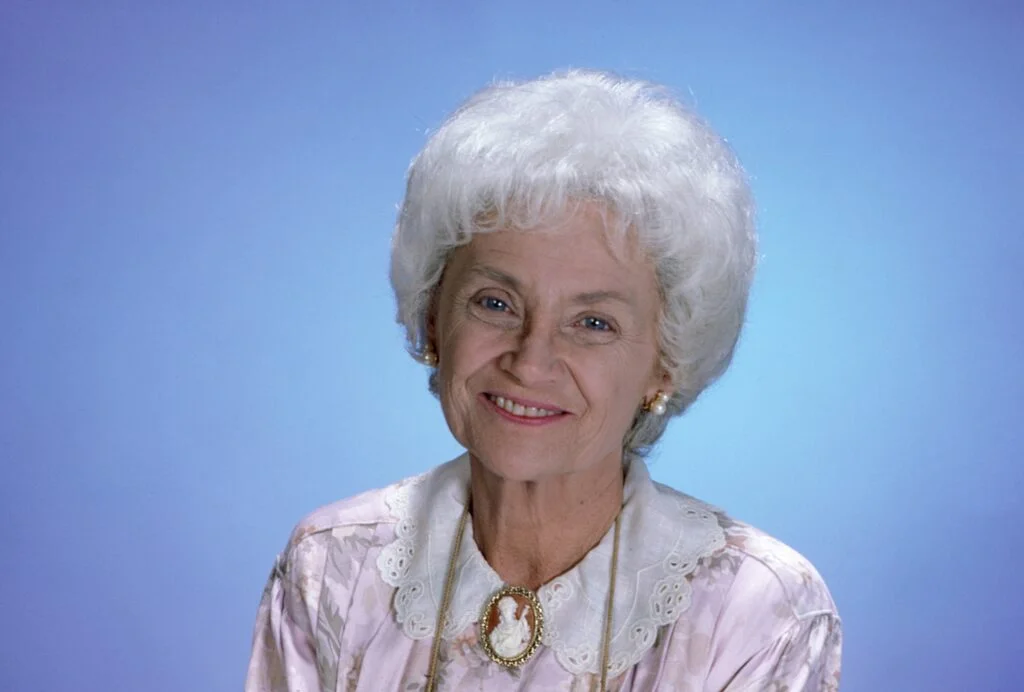
Estelle Getty played Sophia as the wisecracking mother who stole nearly every scene on The Golden Girls. While the other women tackled big issues, Sophia’s blunt, fearless humor often cut straight to the truth. She wasn’t afraid to talk about sex, death, or politics, topics that were considered taboo for older characters back then.
What made Sophia ahead of her time was how she defied society’s tendency to make older women invisible. She showed that seniors could be sharp, funny, and fully engaged with life. In today’s culture, where conversations about aging are shifting, Sophia feels like a trailblazer for how older characters can be portrayed.
4. Murphy Brown from Murphy Brown
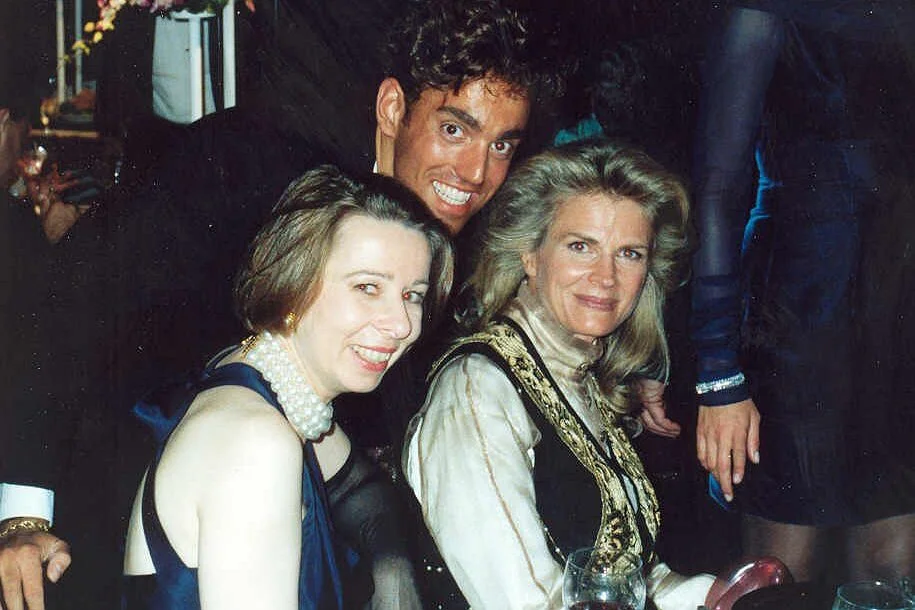
Candice Bergen’s Murphy Brown was unapologetically tough, career-driven, and opinionated, a combination rarely seen in female characters of the ’80s. She was a top journalist who didn’t shy away from speaking truth to power, and she often did it with sharp wit. Audiences loved her intelligence, even if her bosses didn’t always know how to handle her.
Murphy was ahead of her time because she gave viewers a female lead who prioritized work over traditional family roles. She openly challenged sexism in the workplace and showed that women could be ambitious without apology. Looking back, she laid the groundwork for many modern female characters who balance independence with vulnerability.
5. Dwayne Wayne from A Different World
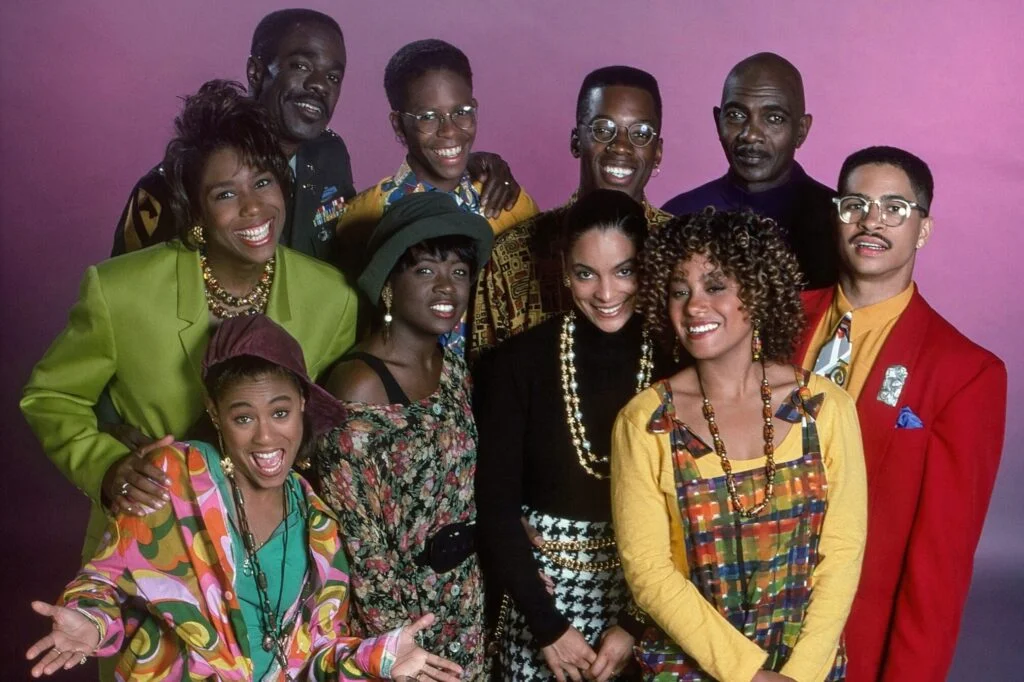
At first, Dwayne Wayne seemed like just another funny, nerdy sidekick with his trademark flip-up glasses. But as the show went on, he evolved into one of the most complex characters of the series. He grew from a goofy student into a thoughtful young man tackling issues of race, responsibility, and love.
Dwayne was ahead of his time because he represented the kind of growth rarely given to sitcom characters. He showed audiences that nerds could be stylish, romantic, and socially aware. His journey from class clown to role model reflected a more modern understanding of young adulthood.
6. Angela Bower from Who’s the Boss?
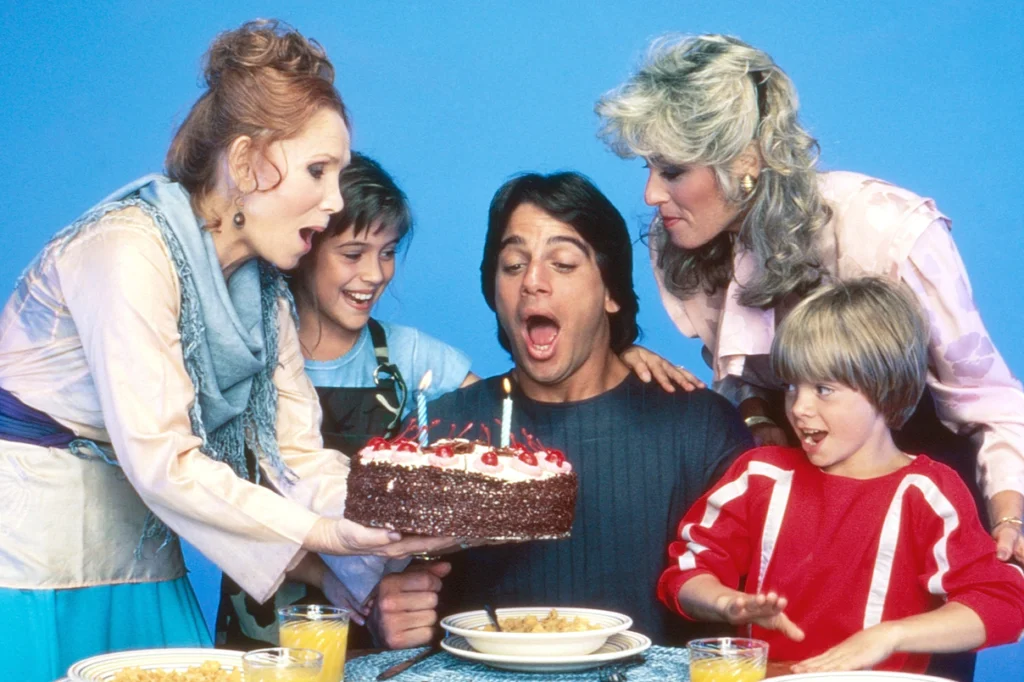
Judith Light’s Angela Bower flipped traditional gender roles on their head. She was a powerful advertising executive who hired Tony Micelli, a male housekeeper, to help raise her son. In the ’80s, this was a radical reversal of the “man works, woman stays home” formula audiences were used to seeing.
Angela was ahead of her time because she showed that women could be the breadwinners without being portrayed as cold or unloving. She balanced her demanding career with being a devoted mother, proving those roles didn’t have to cancel each other out. Today, Angela’s character feels strikingly modern in her approach to family and work.
7. Dorothy Zbornak from The Golden Girls
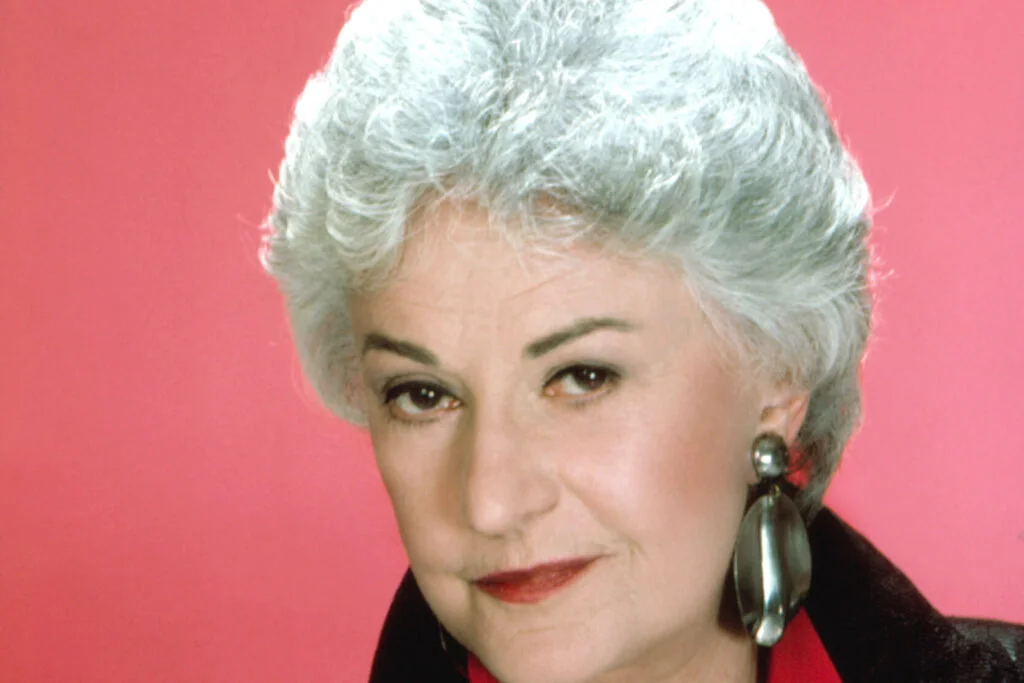
Bea Arthur’s Dorothy Zbornak was the sarcastic, sharp-witted backbone of The Golden Girls. She was a divorced teacher living with her mother and two roommates, and her character brought a level of realism that TV often avoided. Dorothy wasn’t afraid to call people out, especially when her roommates got too ridiculous, and her dry humor made her instantly memorable.
She was ahead of her time because she showed that women could be strong without sacrificing vulnerability. Dorothy tackled issues like aging, divorce, and self-worth in ways that felt raw and relatable. In an era when women over 40 were often sidelined, Dorothy proved they could still be powerful, complex, and at the center of the story.
8. Rose Nylund from The Golden Girls
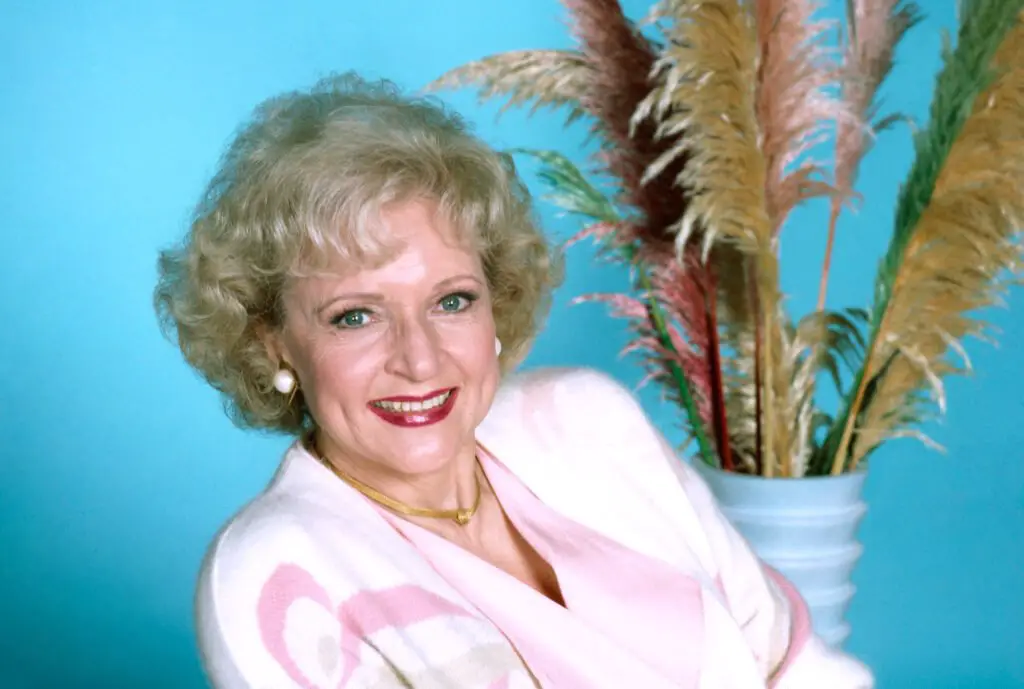
Betty White’s Rose was often underestimated because of her sweet, naïve personality. People assumed she was ditzy, but her kindness was actually her strength. Rose wasn’t afraid to love openly, forgive freely, and talk about her quirky hometown of St. Olaf with pride.
Rose was ahead of her time because she normalized empathy and emotional intelligence on television. At a moment when sarcasm and toughness dominated comedy, Rose showed that kindness was powerful too. She proved you could be gentle without being weak, a message that resonates more than ever.
9. Willis Jackson from Diff’rent Strokes
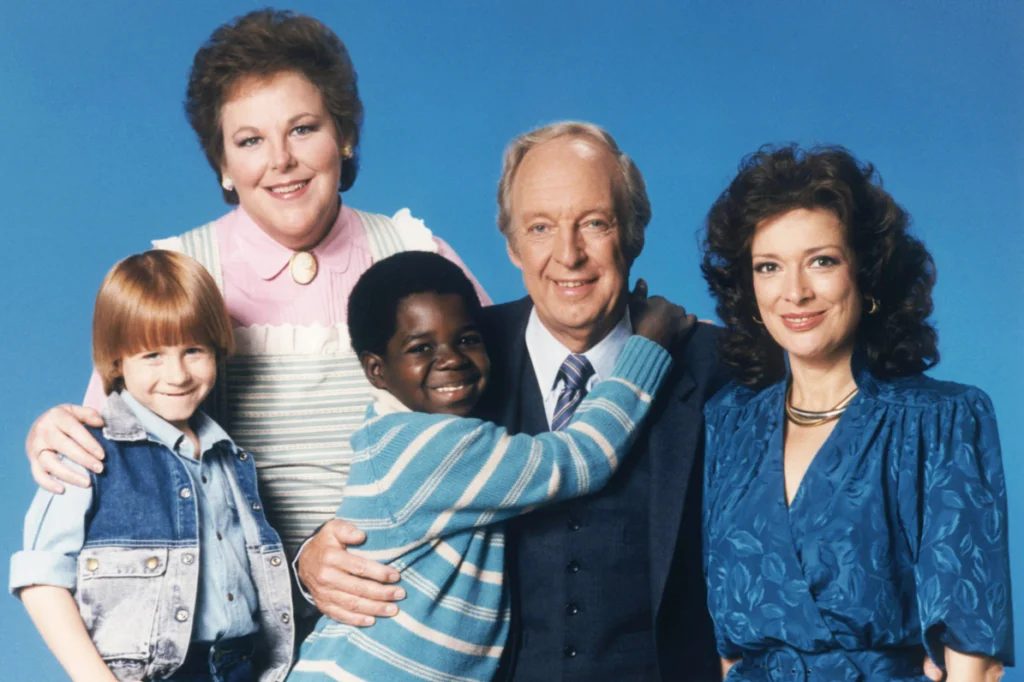
Todd Bridges’ Willis Jackson was the older brother figure who often had to navigate complicated social issues. From racism to family struggles, Willis carried a weight on his shoulders that many teen characters at the time didn’t. His dynamic with Arnold was often funny, but it also highlighted the challenges of growing up in a blended family.
Willis was ahead of his time because he showed how sitcoms could address real problems while still being entertaining. He was a reminder that TV kids didn’t always have carefree lives, and that representation mattered. The fact that Willis dealt with serious topics while still being a teenager made him a standout character.
10. Maddie Hayes from Moonlighting
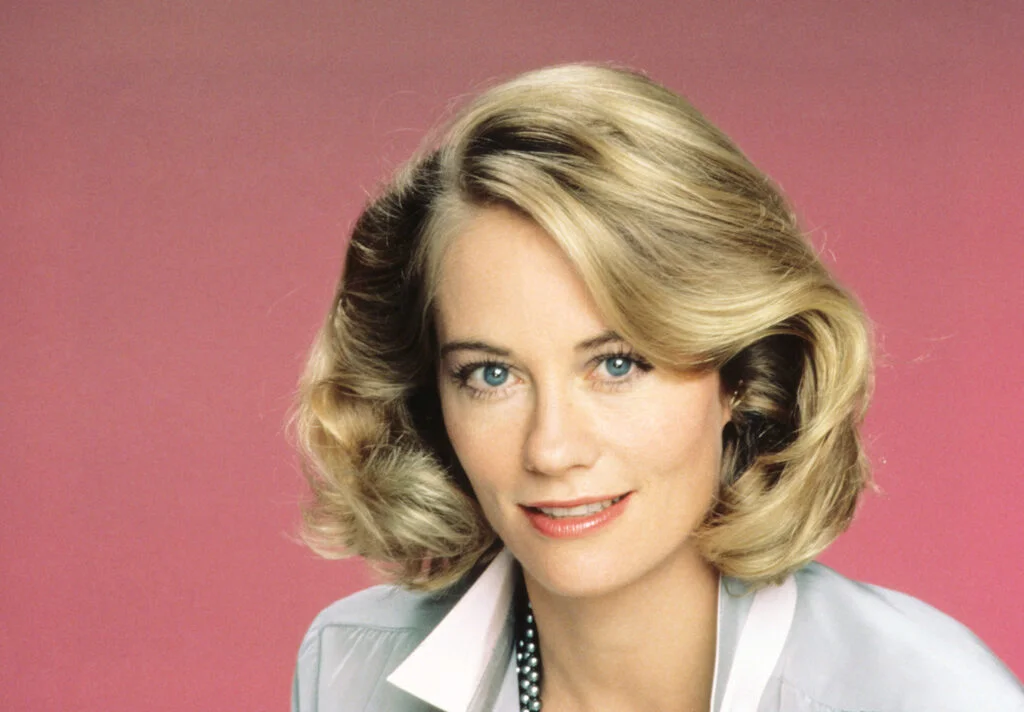
Cybill Shepherd’s Maddie Hayes wasn’t your typical TV heroine. She was glamorous and successful, yet she teamed up with David Addison to run a detective agency, which led to witty banter and unexpected adventures. Maddie’s mix of brains, beauty, and business savvy made her an icon of the era.
She was ahead of her time because she showed that women didn’t have to be boxed into one role. Maddie was romantic without being defined by romance, professional without being cold, and comedic without losing sophistication. Her character’s complexity is what makes her feel timeless today.
11. Carlton Banks from The Fresh Prince of Bel-Air (1990 but culturally linked to ’80s TV)
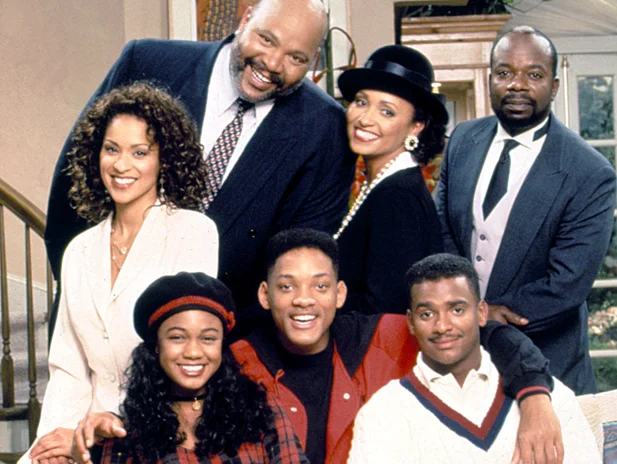
Carlton Banks, played by Alfonso Ribeiro, may have debuted in 1990, but his character carried the polished, preppy energy that grew out of the ’80s. Carlton loved Tom Jones, wore sweaters over his shoulders, and wasn’t afraid to be different from his cooler cousin Will.
Carlton was ahead of his time because he challenged stereotypes about young Black men on TV. He was studious, privileged, and sometimes awkward, and he proudly owned all of it. In today’s culture, where discussions about representation are so important, Carlton feels even more groundbreaking.
12. Jessica Fletcher from Murder, She Wrote
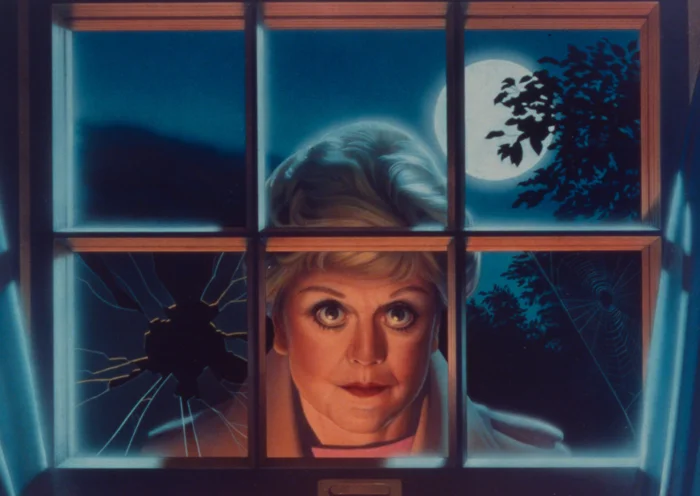
Angela Lansbury’s Jessica Fletcher might have been a small-town widow and mystery writer, but she quickly became a globe-trotting detective who could outsmart anyone. Unlike most female characters of her generation, Jessica wasn’t defined by romance or family drama. She had her own career, her own confidence, and the respect of everyone around her.
Jessica was ahead of her time because she made older women the heroes of their own stories. She proved that age didn’t mean irrelevance, and that wisdom could be just as compelling as youth. In many ways, Jessica set the stage for the wave of strong, independent women detectives that followed.


